Richard Hammond demonstrates how we can forecast the weather simply by watching the way the wind effects the clouds.
He stands with his back to the wind, looking for clouds, and explains that by looking at the direction that clouds are moving, you can make a prediction about what the weather may hold.
Teacher Notes
Key Stage 3
A demonstration of simple forecasting techniques using senses and what you can see. This could form the introduction to a forecasting lesson where students then explore why this is the case.
Students could conduct onsite fieldwork in order to test and evaluate this technique, comparing it to information gathered from other sources of weather information. This technique could form part of a weather diary.
Key Stage 4
This short film could form the introduction to the air-masses topic – with students applying their knowledge of air-masses to explain why this technique works.
Curriculum Notes
This short film could be used to teach geography and physics at KS3 and KS4 in England, Wales and Northern Ireland and National 5 in Scotland. At GCSE it appears in AQA, OCR A, EDEXCEL, EDUQAS, WJEC and CCEA, in SQA at National 5.
More from Richard Hammond's Wild Weather
How can you cool a drink using the sun? video
Richard Hammond uses a beach, a towel, water and a drink to demonstrate how evaporation can be used to cool liquid.
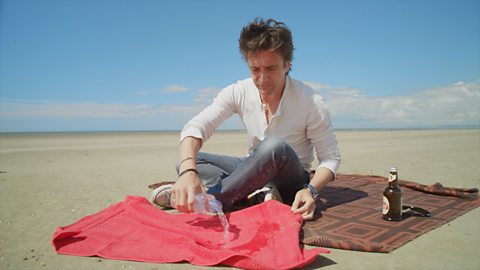
How does a thermal form? video
Richard Hammond demonstrates how thermals are formed through heat from the sun.
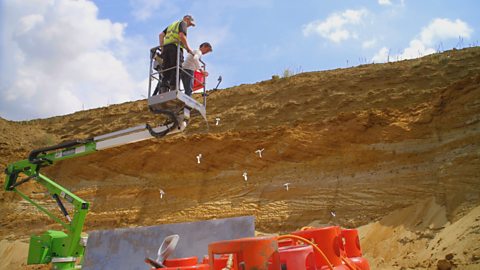
How does hail form? video
Richard Hammond explores the weather conditions that form hail.

How to see thunder. video
Richard Hammond visits Lightning Testing and Consultancy in Oxfordshire to take part in laboratory experiments that demonstrate the effect of thunder within controlled conditions.

Inside a tornado. video
Richard Hammond explores the properties of a tornado that has been created in laboratory conditions.
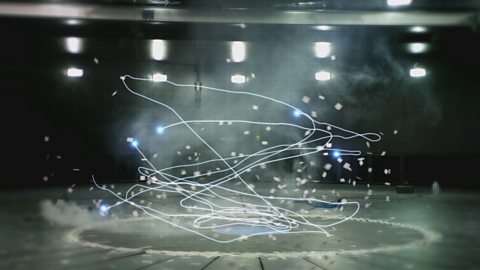
What is the difference between rain and drizzle? video
Richard Hammond demonstrates a visual technique to distinguish between drizzle and rain.
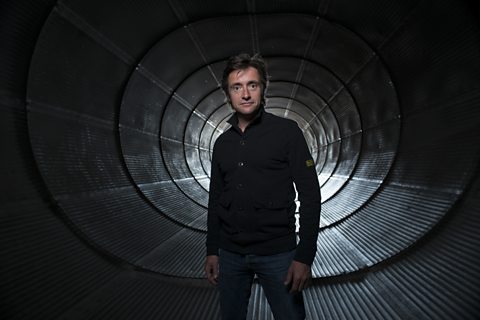
What is wind? video
Richard Hammond demonstrates how wind is created due to differences in air pressure.
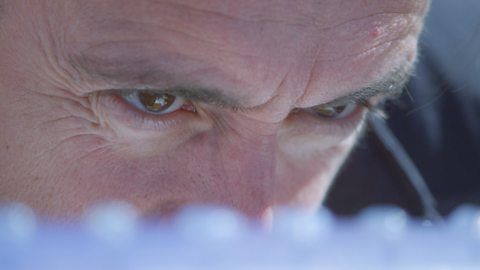
Why does water fall as rain? video
Richard Hammond demonstrates the effect of water on other physical objects.
